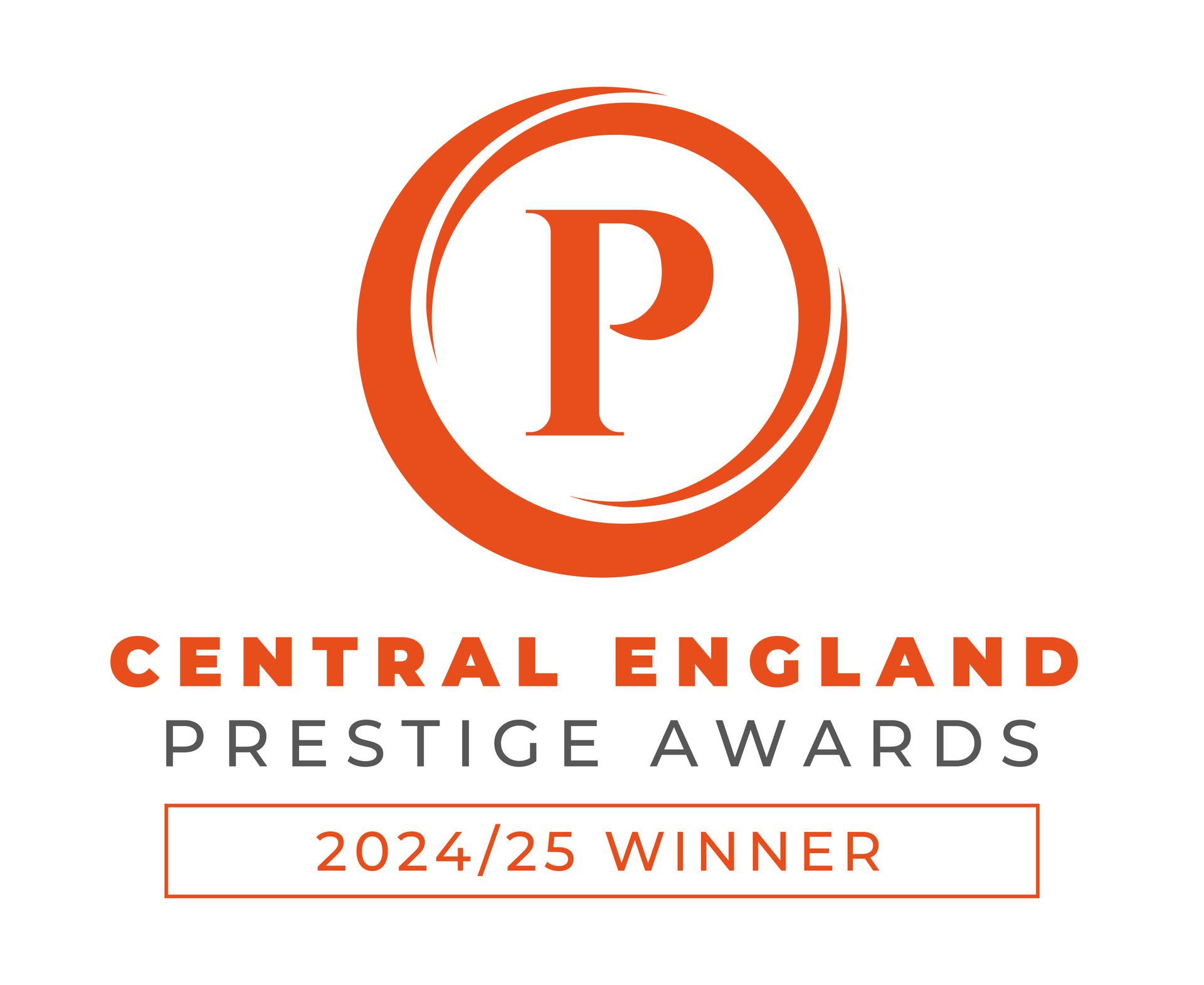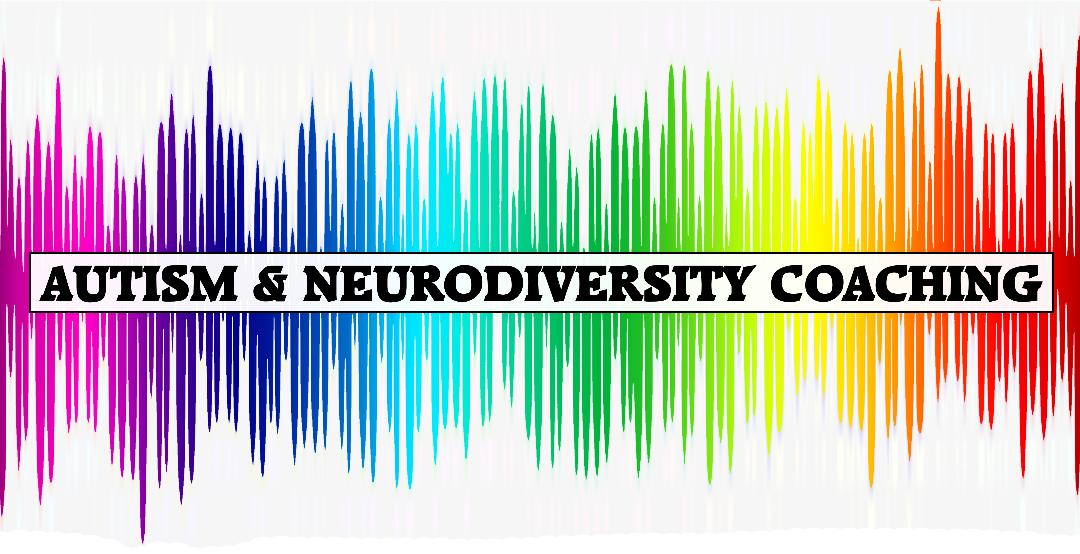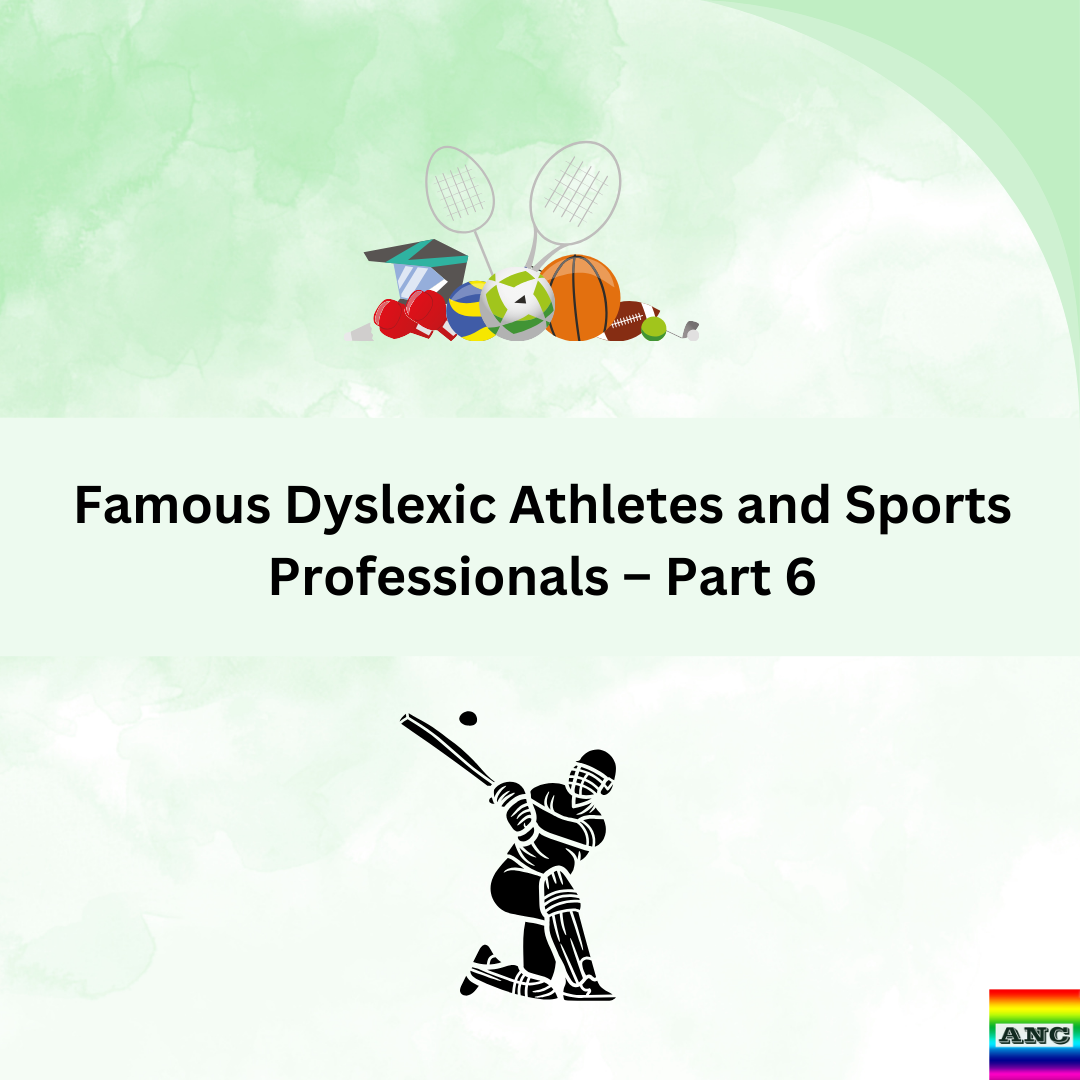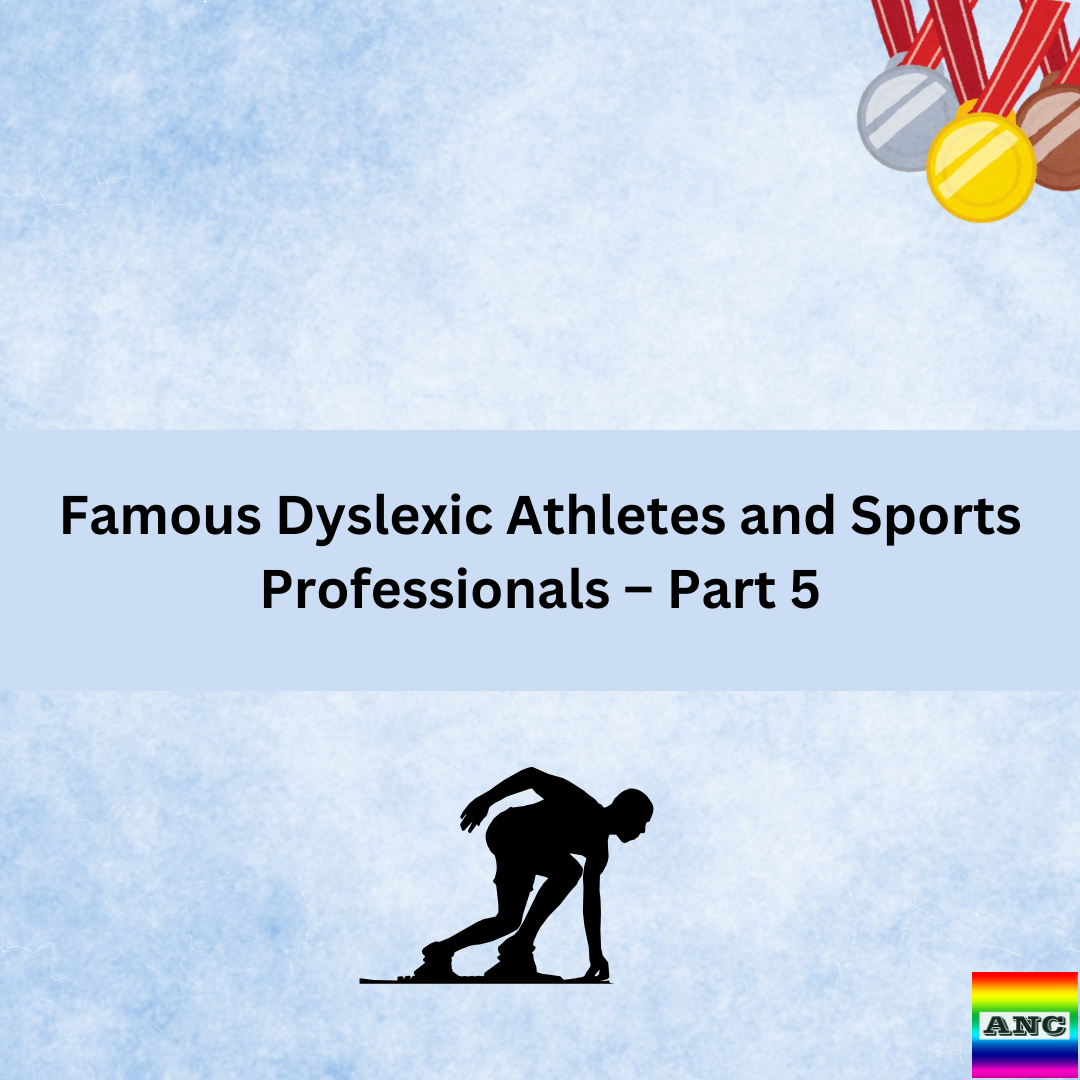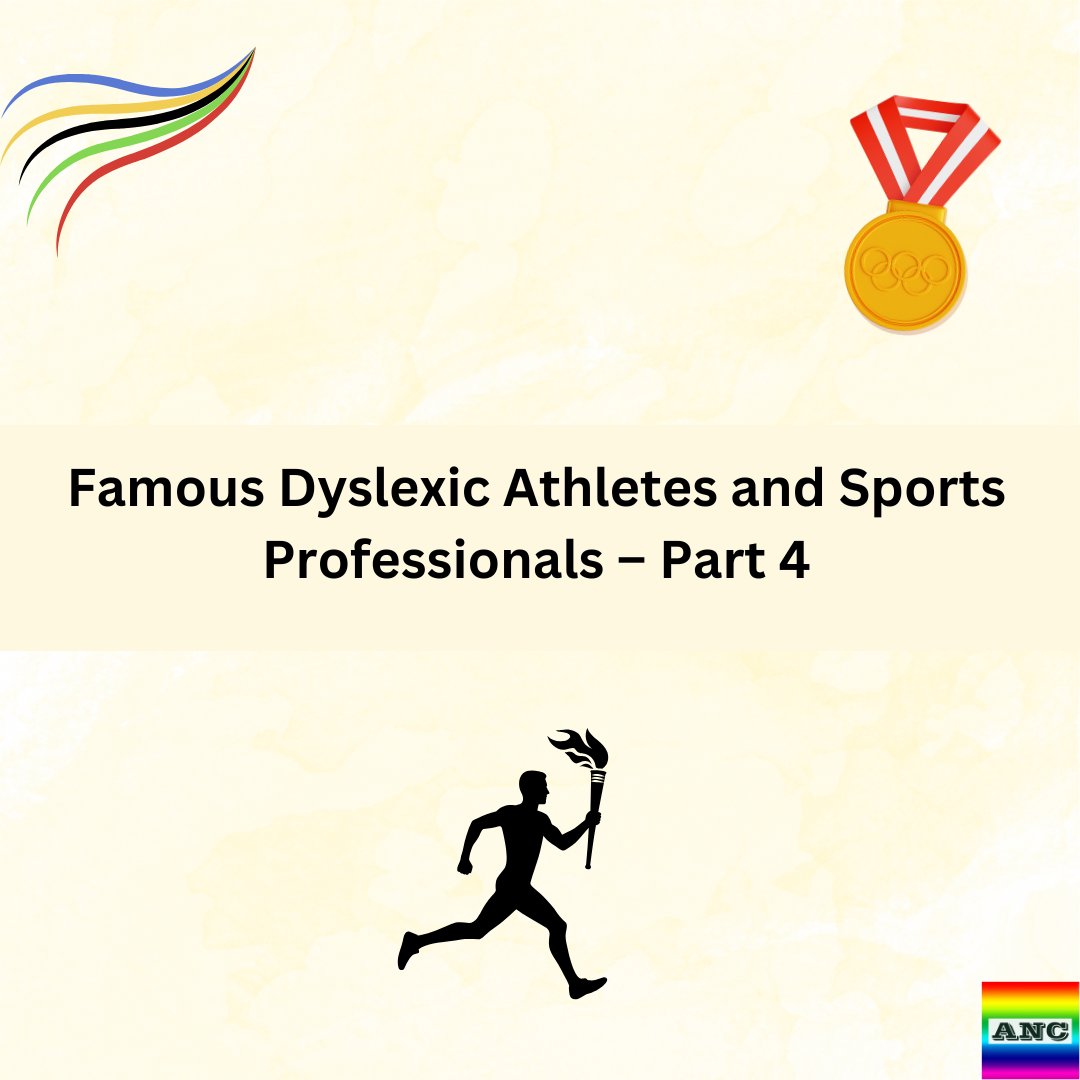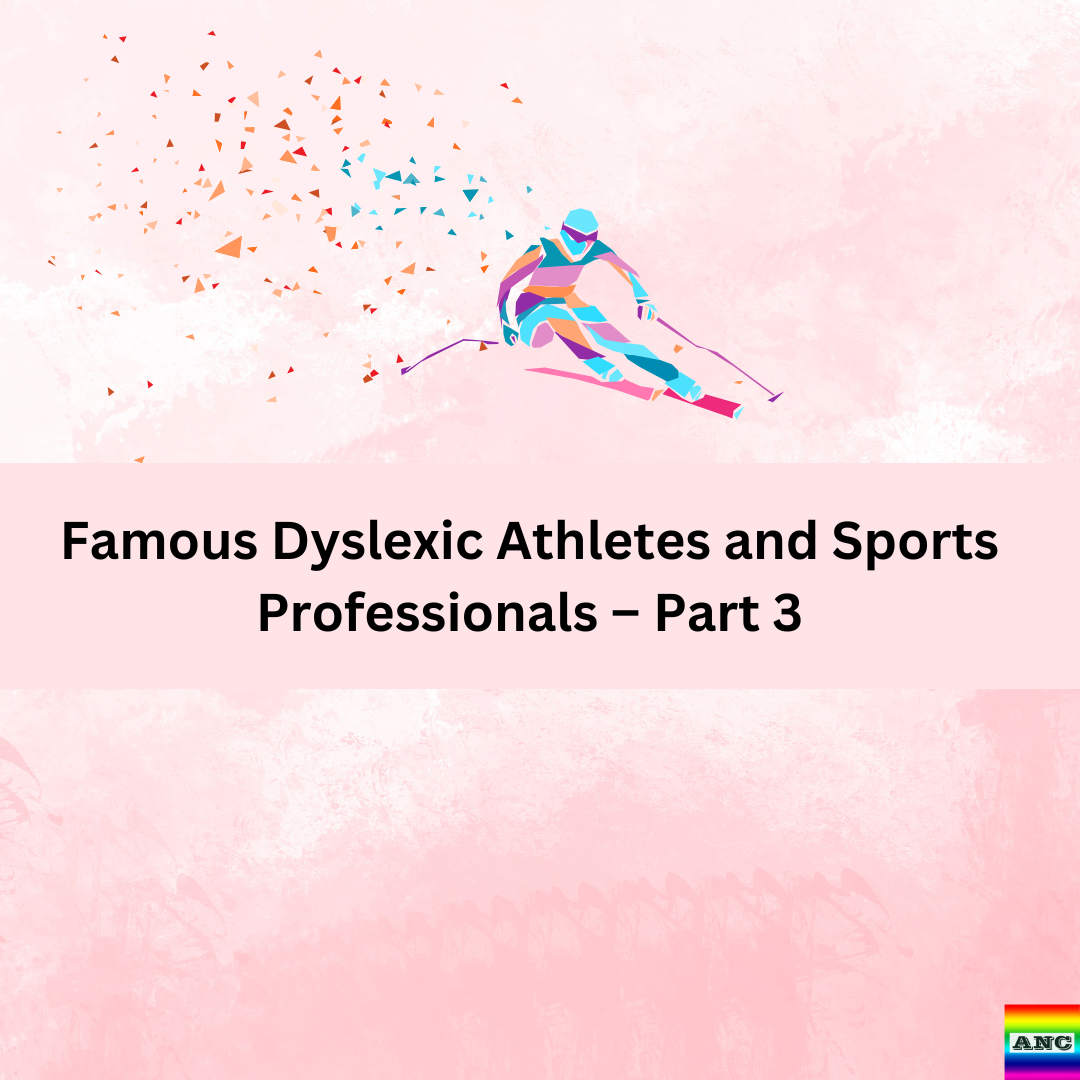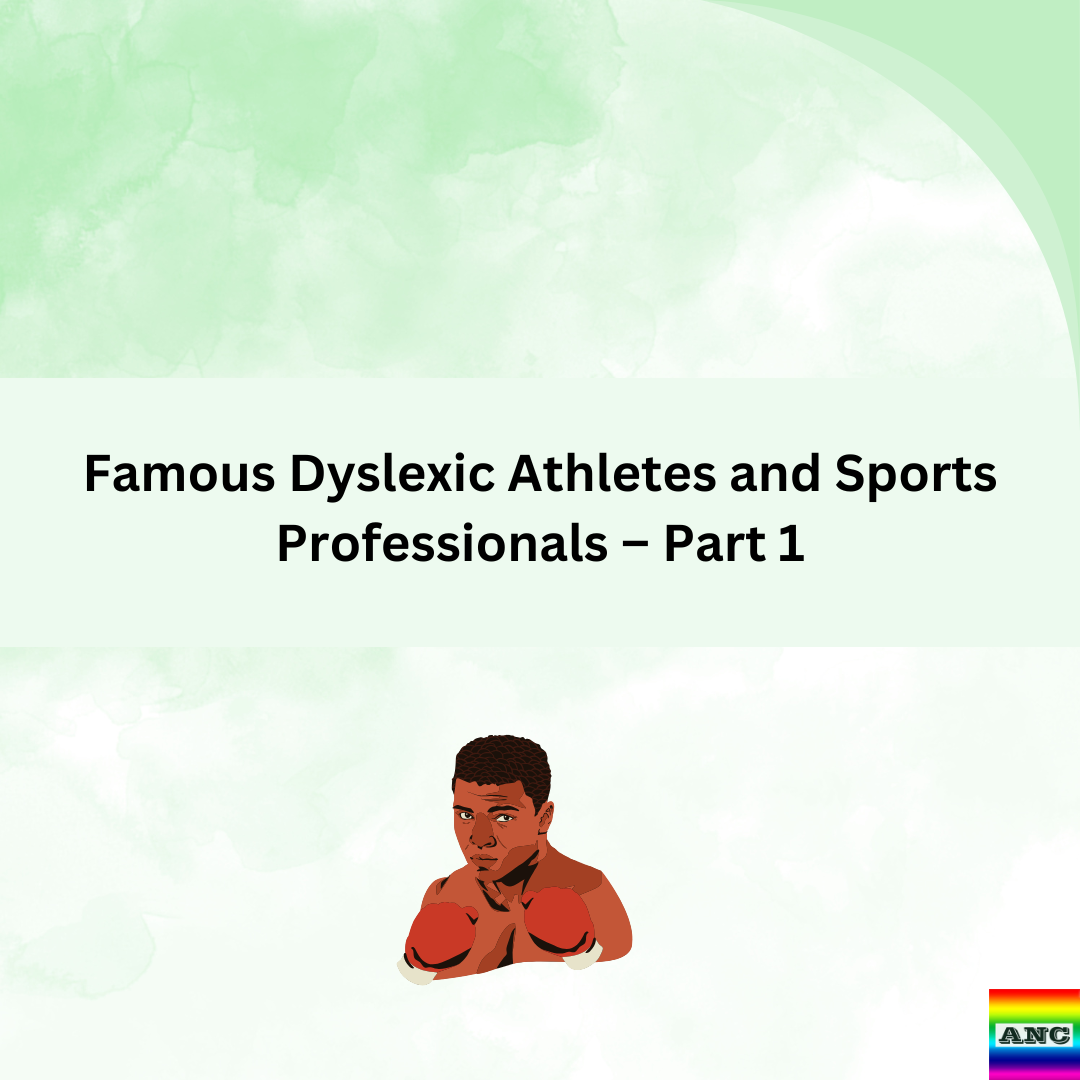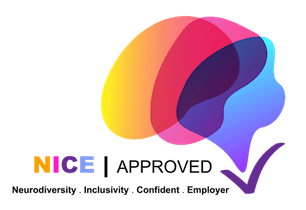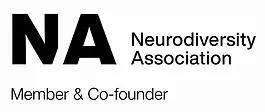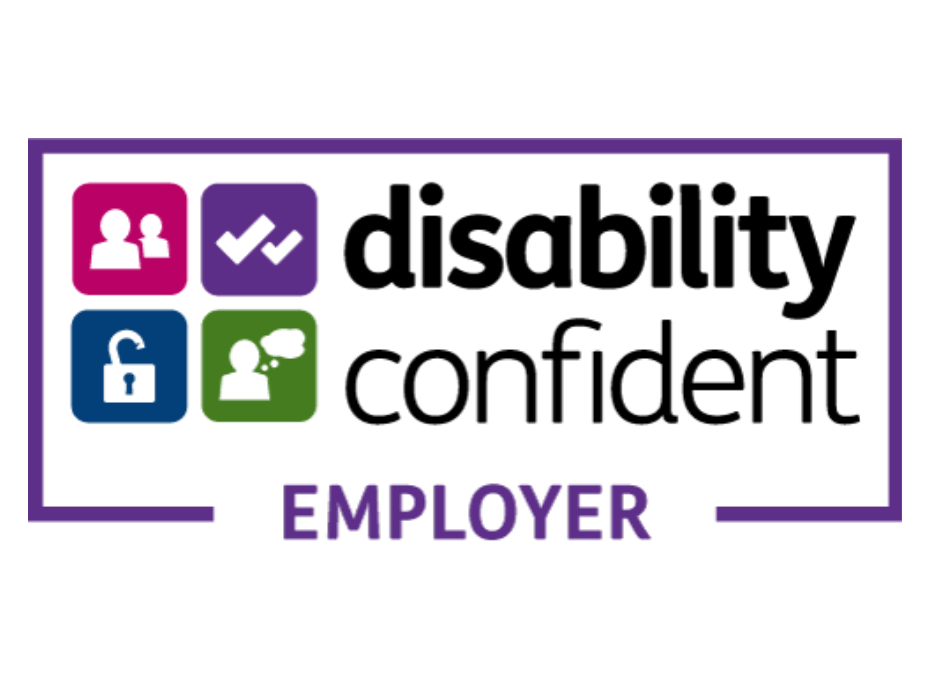Breaking Stereotypes and Changing Perceptions

As dyslexic athletes continue to succeed at the highest levels of sports, they are breaking stereotypes and changing perceptions about dyslexia. The old view of dyslexia as solely a learning disorder is being replaced by a more holistic understanding that includes the strengths and advantages associated with it.
High-profile dyslexic athletes like Michael Phelps and Tim Tebow have openly discussed their experiences with dyslexia, helping to raise awareness and inspire others. Their success stories serve as powerful reminders that neurodiversity is not a barrier to achievement—in fact, it can be a source of innovation, creativity, and resilience.
The success of dyslexic athletes also challenges the broader notion of what it means to be a top performer in sports. They prove that different ways of thinking and learning can be valuable assets, and their achievements encourage others to embrace diversity and inclusivity in sports and beyond.
The Role of Support Systems
One of the key factors in helping dyslexic athletes thrive in sports is the presence of strong support systems. Coaches, teammates, and family members who understand the unique strengths and challenges associated with dyslexia can make a significant difference in an athlete's success. By providing the right environment—one that emphasises encouragement, individualised learning, and positive reinforcement—these support systems help dyslexic athletes reach their full potential.
Coaches who are knowledgeable about dyslexia and willing to adapt their methods can create a positive and empowering experience for their athletes.
For example, breaking down complex instructions into smaller, more manageable steps, using visual aids, or offering additional time for practice can all contribute to an athlete’s success. Teammates who recognise the strengths of dyslexic athletes and collaborate with them effectively can create a more inclusive and supportive team environment.
Family members also play a critical role, offering encouragement, helping to reinforce confidence, and providing emotional support. When dyslexic athletes have a solid network of support, they are better equipped to overcome challenges and succeed in their chosen sport.
Pioneering New Opportunities in Paralympics and Adaptive Sports
Dyslexic athletes are also finding their place in adaptive sports and the Paralympic movement. The focus on creating an inclusive environment in adaptive sports is naturally aligned with the goals of recognising and celebrating neurodiversity. For dyslexic athletes, participating in sports that highlight individual strengths and abilities—rather than focusing on traditional measures of success—offers another avenue to excel.
The rise of adaptive sports is opening doors for athletes with a wide range of abilities, including those with cognitive differences like dyslexia. By participating in these platforms, dyslexic athletes are helping to broaden the definition of what it means to be an elite athlete and are contributing to the global movement toward inclusion in sports.
